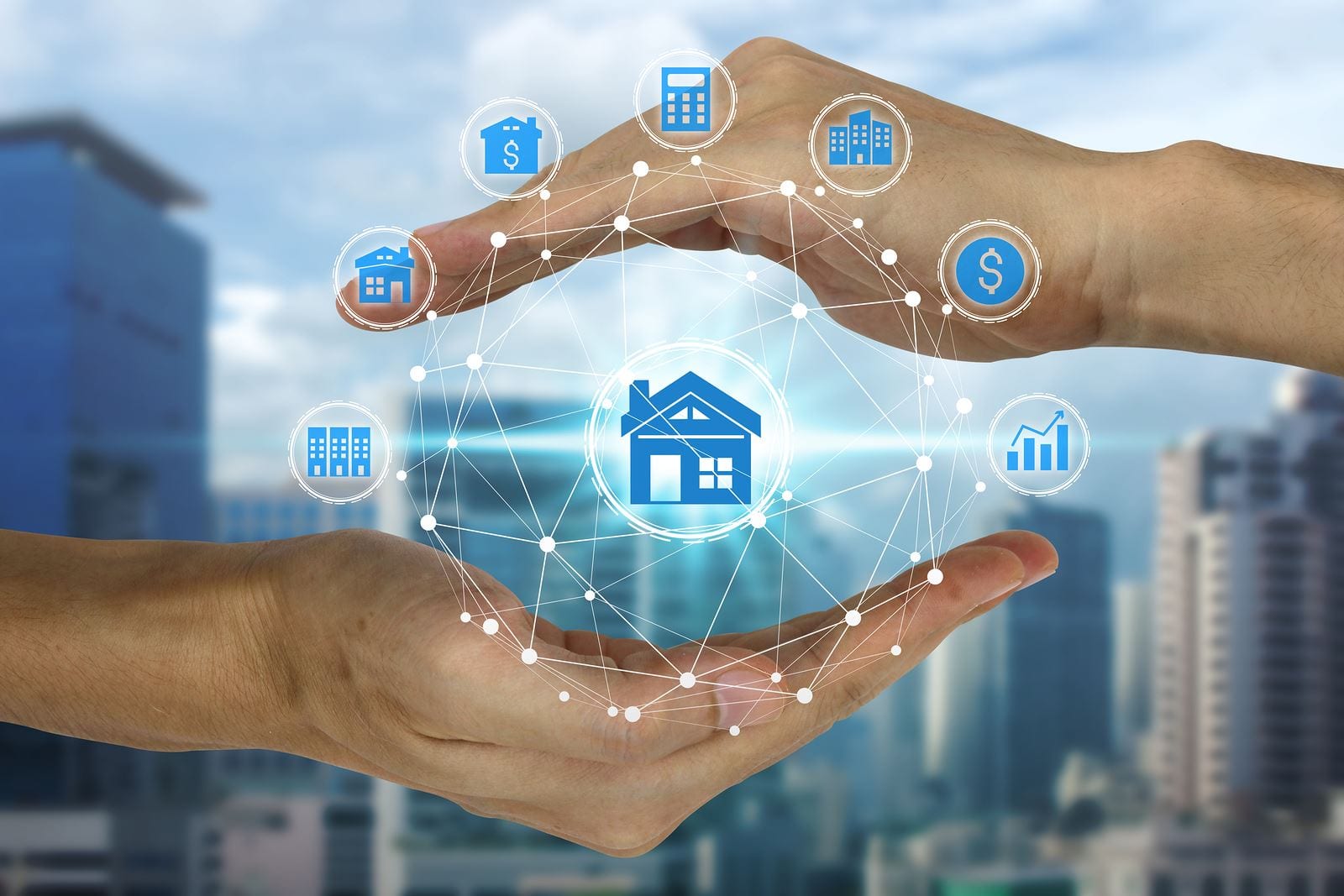Technology has transformed the real estate industry’s working pattern. It has accelerated daily operations and boosted the revenue-generating efficiency of the industry. According to statistics, the projected revenue of real estate for 2022 is US $369.90bn. The annual growth rate for 2022-2025 is also anticipated to be 3.71%.
As a result, more and more people are stepping into the industry as landlords, property managers, and property rental businesses.
However, before you step into the real estate industry, learning what technologies benefit this sector is critical. Using these insights, you can formulate effective strategies for your real estate business.

Technologies Benefiting The Industry
- E-Signing Services
Long gone are the days when agents, brokers, or developers used to fill necessary documents manually. Now, recording and collection of documents have become digital, along with the practice of availing e-signatures.
Legal real estate services are now online, using e-signatures to offer secure and regulated industry operations. It saves the time of multiple parties typically involved in a transaction and enables them to stay organized.
Not to mention, as all the necessary documentation is done online, home buyers or tenants can get in touch with your relevant service anytime and from anywhere. It will streamline the whole process and make it hassle-free.
- All-Inclusive Software And Application
Did you know that there are over 8.9 million mobile and web apps? These applications assist every person with day-to-day tasks and operations, regardless of their professional or lifestyle. Among these, all-inclusive apps and software for landlords and real estate agents are gaining quite popularity.
If you are a landlord, you can manage your property with landlord software to keep track of rent receivable from each tenant and collect them. As the software is all-inclusive, you can handle other tasks such as adding payment accounts for each property, screening tenants, inviting prospective tenants, and more. It will lower your work to a great extent and assist you in managing their properties well.
In addition, the use of applications and software facilitates repetitive tasks, allowing you to keep a tab on the talent’s activities. This further ensures effective communication between the parties involved.
- Virtual Reality
Although many people often associate virtual reality (VR) with gaming, it has a wide range of practical applications. That’s why it has entered several industries, including real estate. Simply put, it enables prospective tenants and buyers to see a property whenever they want and wherever they are.
As pictures and videos sometimes don’t have the same sense as a real property tour, virtual reality assists with this issue with its incredibly realistic and lifelike experience.
In fact, it would not be wrong to say that the current environment has made VR adoption not only sensible but necessary. Real estate agents and developers utilize virtual reality to provide buyers and investors with an interactive image of residential and commercial properties. Moreover, landlords are using it to promote commercial spaces to potential tenants.
- Smart Home Technologies
Property owners and investors now seek incredible amenities when investing in real estate. Thereby developers have to be on their toes to ensure their projects look lucrative. To attain this purpose, many are integrating smart home technologies in their property development. Some of the standard built-in smart home technologies include:
- Thermostat
- Speaker system
- Security system
- Motion sensor lights
- Appliances
The developers who offer these technologies save home buyers hassle regarding home upgrades. Furthermore, the annual repair and maintenance of these technologies is also the responsibility of developers for a few years. Thereby, for buyers, such properties are worth investing in.
- Cloud Integration
Last but not least, the real estate industry is deploying cloud integration to streamline the different processes, including house lending and closing. As you might already know, property deal closures often consume time and resources. Fortunately, cloud technologies have facilitated remote closing- saving time for different parties.
This amalgamation with e-signature makes dealing in real estate properties quite effortless and efficient. Whether you are conducting internal operations or merely reviewing the tenant lease, the process gets fast as everything is recorded and kept secure in cloud storage. This makes communication and collaboration effective and lowers the downtime to complete the project or deal.
To Sum It All Up
These are some trending technologies that are changing the facets of the real estate industry. Obviously, integration of these technologies depends on the type of business or sector you’re interested in. If you are a landlord, all-inclusive apps will facilitate your work. Similarly, virtual reality is a must-have for real estate agents and developers. Nevertheless, these are improving the quality of work and assisting different parties seamlessly.

Leave a Reply